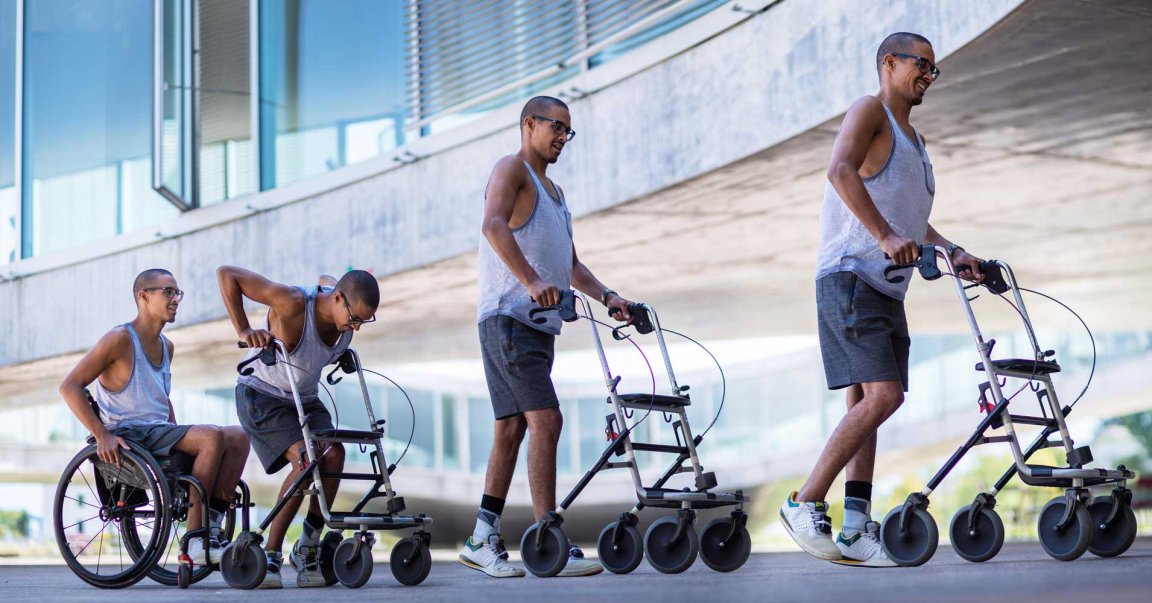
Skip in Your Step
For some people with nerve damage-related paralysis, a spinal implant could restore the ability to walk where other treatments and therapies have failed.
New research published in the journal Nature details a new medical device that boosts neural signals as they travel down the spine, helping relay messages to limbs that had been cut off by damage to the spinal cord.
After a few months with the device, three research participants were able to walk using muscles that had previously been declared paralyzed for good, according to BBC News. And they could do so without needing any electrical pulses to stimulate their muscles, a common approach to rehabilitative technology.
Short Bursts
One of the patients profiled by BBC is Sebastian Tobler, 48, who has been able to return to his life as an active cyclist with the implant, though his new bike is largely powered by his arms.
There’s also David M’zee, 30, who can now walk for half a mile before the implant becomes uncomfortable. And the device has actually helped him recover — he can walk eight paces with the device turned off.
In the Horizon
Currently, the scientists are working on getting regulatory approval to launch larger, more rigorous trials in the U.S. and Europe within three years.
Though the system is currently prohibitively expensive and can grow to be uncomfortable over time, the researchers are hoping to see it hit the markets after further research.
READ MORE: Spinal implant helps three paralysed men walk again [BBC News]
More on neural implants: A Neural Network, Connected to a Human Brain, Could Mean More Advanced Prosthetics